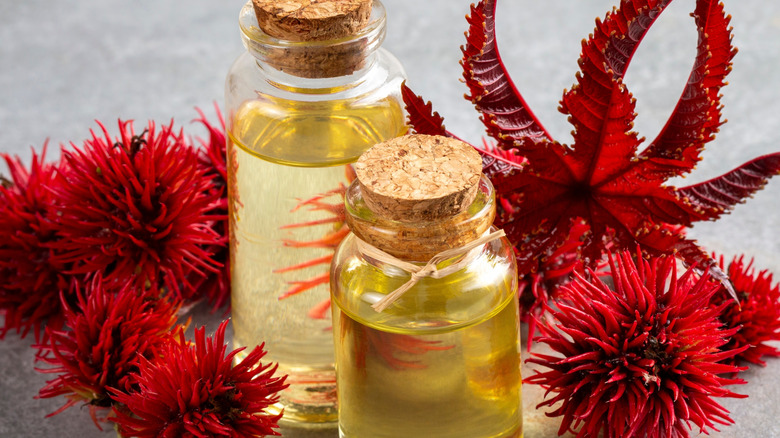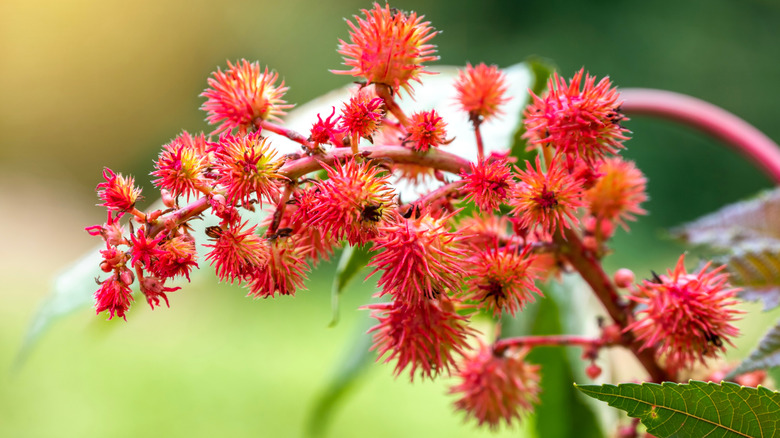
As any experienced social media user might tell you, a viral trend doesn’t always equate to truth. This is crucial to remember, particularly with health-related claims or practices that promise to cure, heal, or relieve various ailments.
Consider castor oil, for example. Sourced from the castor bean plant, originally from parts of Africa, Asia, and Europe, this vegetable extract isn’t typically used for cooking like other plant-based oils (although the food-grade version is used to prolong the shelf life of candies, chocolates, and similar products). Castor oil is a vital ingredient in the production of various cosmetics, lubricants, and cleaning agents, and has been central to numerous alternative medicine practices for centuries.
The latest trend involving castor oil is known as navel pulling, which entails massaging castor oil into the belly button as a solution for stomach-related discomforts. While it might offer a soothing sensation for some, the medical validity of the practice remains dubious, with minimal evidence to back its claimed health benefits.
Why you might want to apply castor oil to your belly button

Advocates of navel pulling, wherein castor oil is rubbed on the abdomen in a circular motion either manually or with a cloth, claim that it can alleviate bloating, enhance digestion, and improve sleep quality. Some even suggest that castor oil can aid in weight loss. However, extraordinary claims necessitate extraordinary evidence.
In an interview with Prevention, gastroenterologist Lisa Ganjhu, D.O., a clinical professor at the NYU Grossman School of Medicine, mentioned that the practice might have origins in an ancient Indian alternative medicine system known as Ayurveda. Regarding its efficacy, Ganjhu emphasized that navel pulling cannot be regarded as a medical procedure. “There are no studies to show it can provide benefits.”
Other suggested medical uses for castor oil include promoting hair regrowth, easing menstrual pain, and even improving symptoms of dry eye disease (as explored by University of Auckland researchers in a 2024 trial). Nonetheless, further research is required to definitively determine the safety and effectiveness of castor oil for these applications.
The good, the bad, and the bottomline

Currently, the only FDA-approved medical use of castor oil in the U.S. is as a “stimulative laxative” for relieving constipation, provided it is ingested in the correct dosage and with appropriate medical oversight (via StatPearls).
Despite this, castor oil is unlikely to be your go-to choice for stimulating bowel movements. “It’s not a laxative I usually recommend because it’s so strong and it tastes unpleasant,” Dr. Zachary Mulvihill, a physician with the Integrative Health and Wellbeing Program at NewYork-Presbyterian and Weill Cornell Medicine, explained in an interview with Today. (Read about some foods that can cause constipation.)
Regardless of whether navel pulling is effective, you might be tempted to try it because it appears safe and harmless. However, there’s a risk of infecting or irritating your belly button, and you might discover a castor oil allergy, which can be uncomfortable. (You can perform a patch test: Apply a drop or two on your forearm and observe any skin changes within 24 hours.) Ultimately, it’s advisable to avoid applying castor oil topically if you’re pregnant, breastfeeding, or have open wounds, and to consult your physician before using castor oil on your skin.




